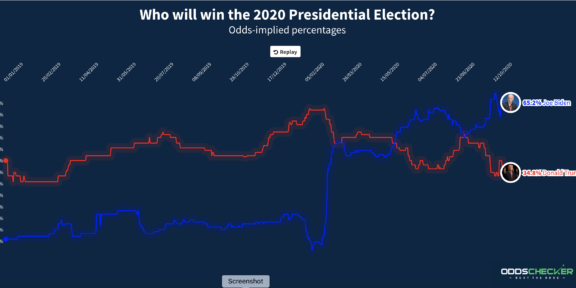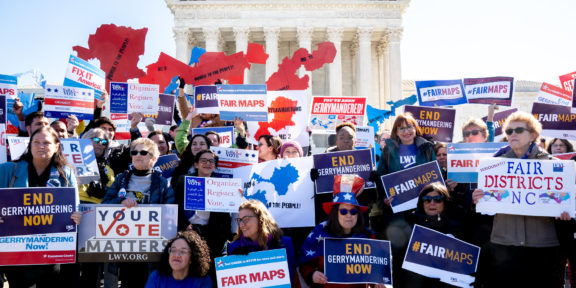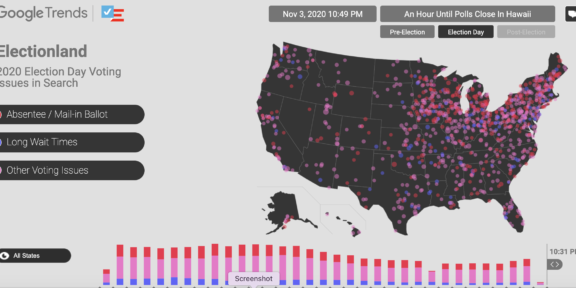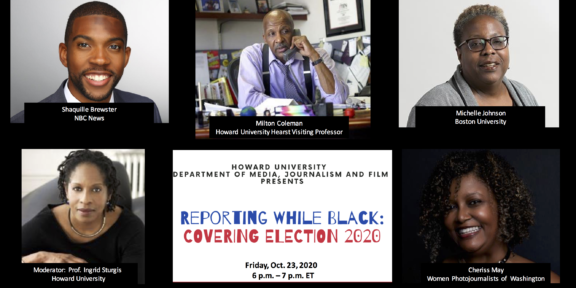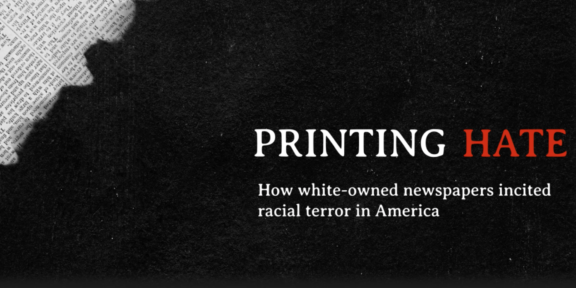A major health controversy today is the debate over vaccinations, which is causing scares across the country. Vaccine hesitancy, or the refusal to receive vaccinations, is one of the top 10 health threats internationally, says the World Health Organization. The problem is caused by false information spread among parents about the medical reaction to vaccines.
With the recent measles outbreak across 26 states as an example of the problem, it is apparent that something must be done about not only the misinformation of the public, but also the safety of children who are under the protection of guardians who prevent them from being vaccinated.
In 2000, the United States had officially eradicated measles and had no cases detected internally. The only cases were those of foreign visitors to the United States.
However, measles has resurfaced in the United States and could become a major problem, because of the rejection of vaccinations for personal or religious reasons. Cases in 2019 alone reached 1,095 by the end of June, which was the highest level since 1992, according to the Centers for Disease Control and Prevention (CDC).
So far as a response, the states of Washington, New York and California have all passed laws to prevent people from declining vaccinations. In the District of Columbia, Mayor Muriel Bowser has passed a law to prohibit unvaccinated children from attending schools.
In D.C., vaccination rates have dropped drastically along with the rest of the country. In 2017-18, 81.3 percent of kindergarteners in D.C. had been vaccinated, a decrease from 89.9 percent three years earlier in 2014-15.
Laws requiring parents and guardians to allow their children to receive vaccinations have been controversial for some time. Anti-vax protests in D.C. and elsewhere have been around since the 1990s.
In 1998, former British doctor Andrew Jeremy Wakefield published a research paper in The Lancet that led to a vaccination scare. He was discredited years after it was found to be false. He had his medical license revoked in the United Kingdom and has since dedicated himself to the anti-vax campaign.
The article includes disputed information that vaccinations cause autism. This claim is a rallying cry of sorts of why vaccines are dangerous — despite being debunked by many credible, scientific studies. With a simple Internet search, one can find an article and study explaining this from the CDC titled “Vaccines Do Not Cause Autism.”
So why do people still believe this false information?
According to the American Medical Association’s Journal of Ethics, the most common issue is fear about the effects and safety of vaccines. And the misleading information from Wakefield’s paper is still available because of the Internet, Dr. Mark S. Johnson, chair of the Department of Community and Family Medicine at Howard University, said in an interview.
”The problem is that vaccines work in two ways,” Dr. Johnson said. The individual who gets the vaccine is protected from disease. “Then there is something we call ‘herd immunity.’
The more people who are vaccinated within the community the less likely the disease can come up even for those who are not vaccinated.”
“Those who do not get vaccinated harm the entire community, because they decrease the herd immunity.”
Wyatt Harris is a junior at Nook Preparatory School in Maryland.


